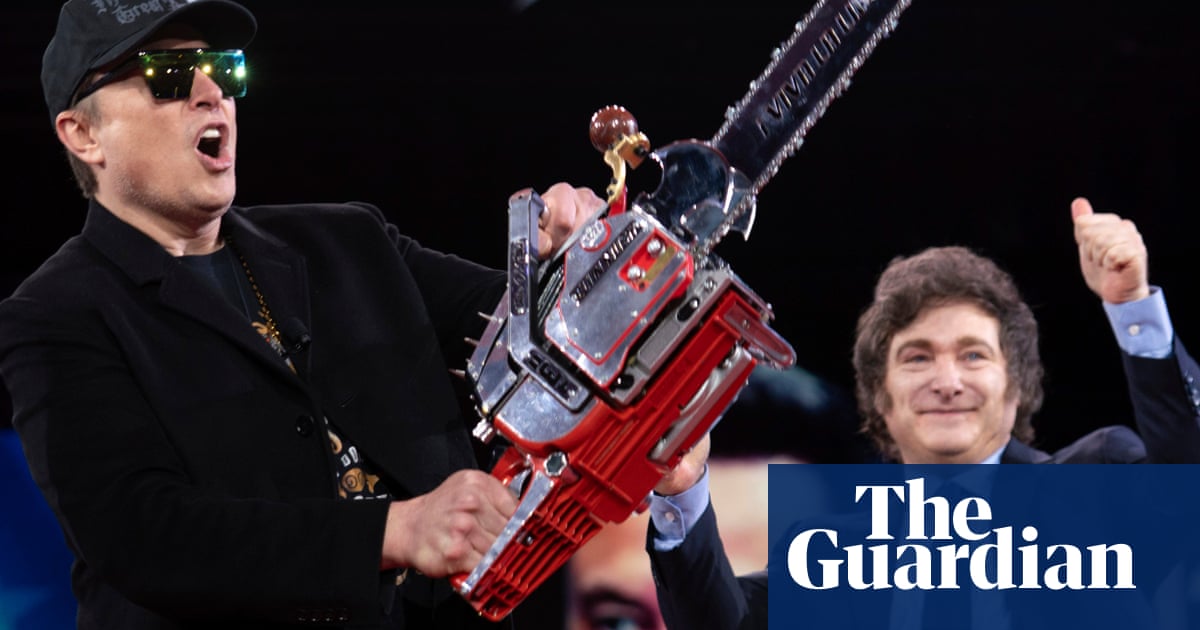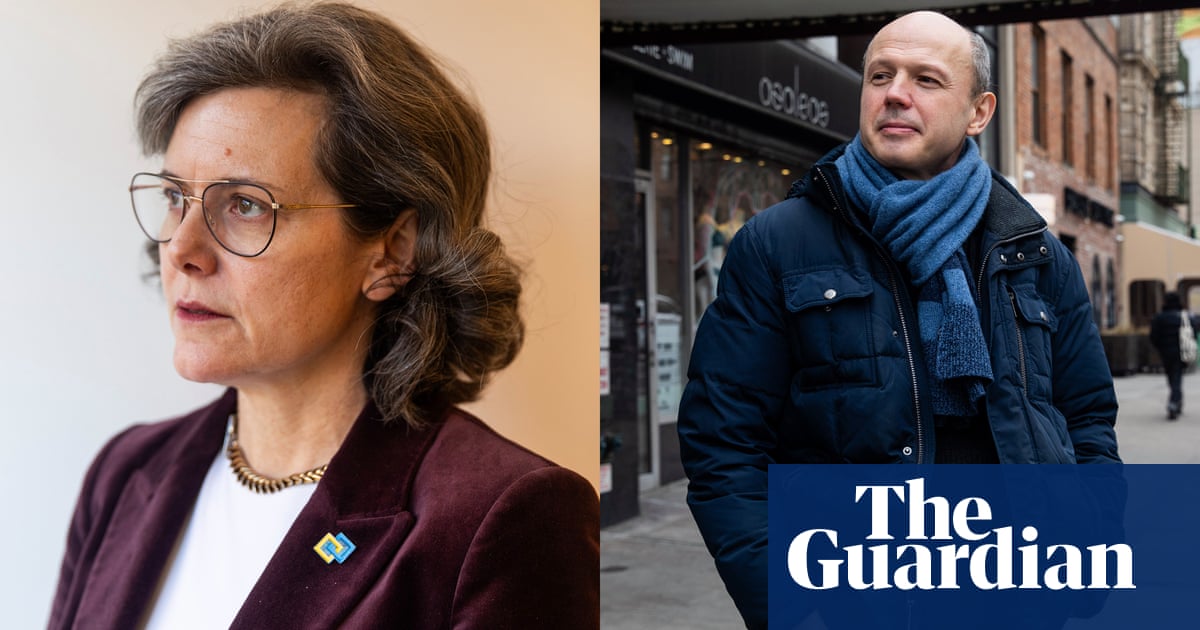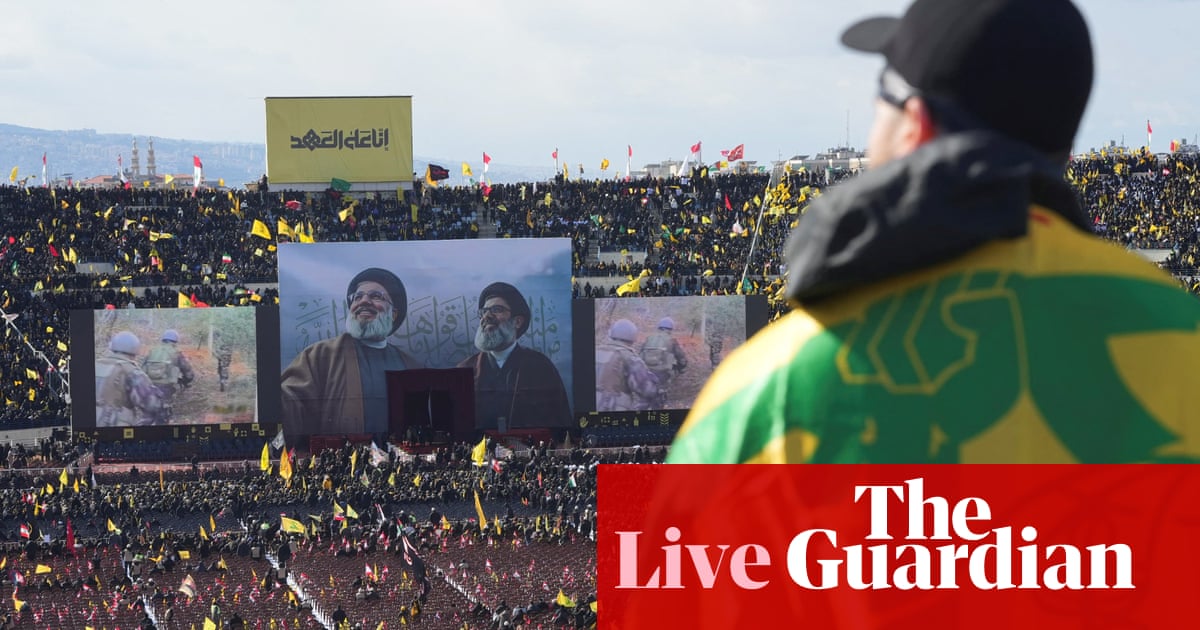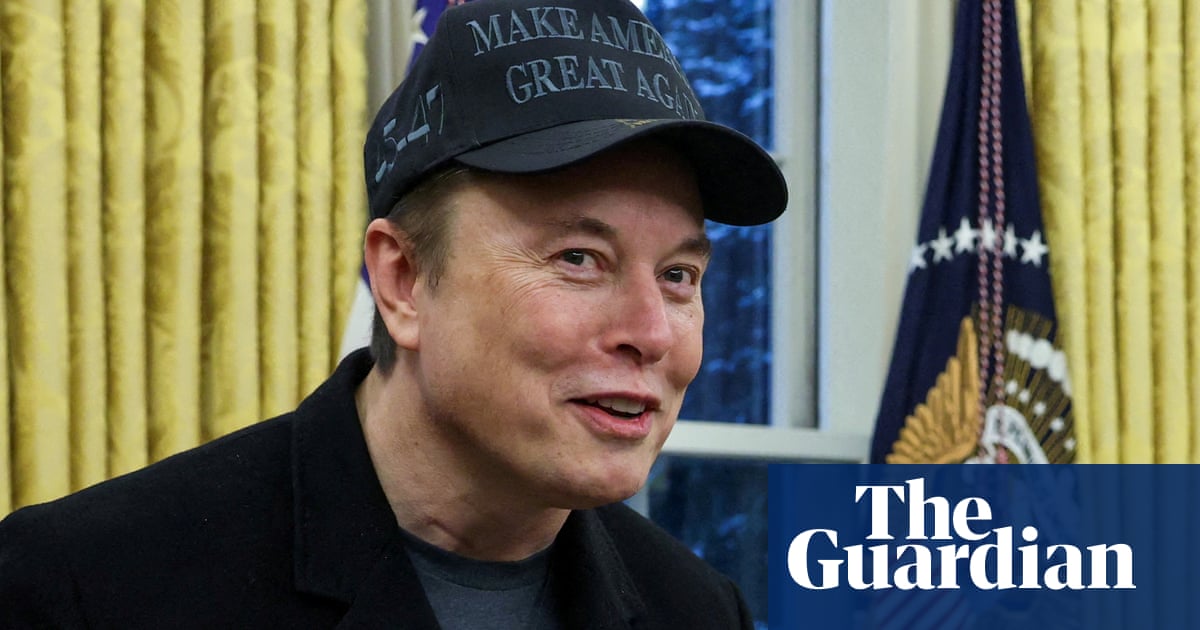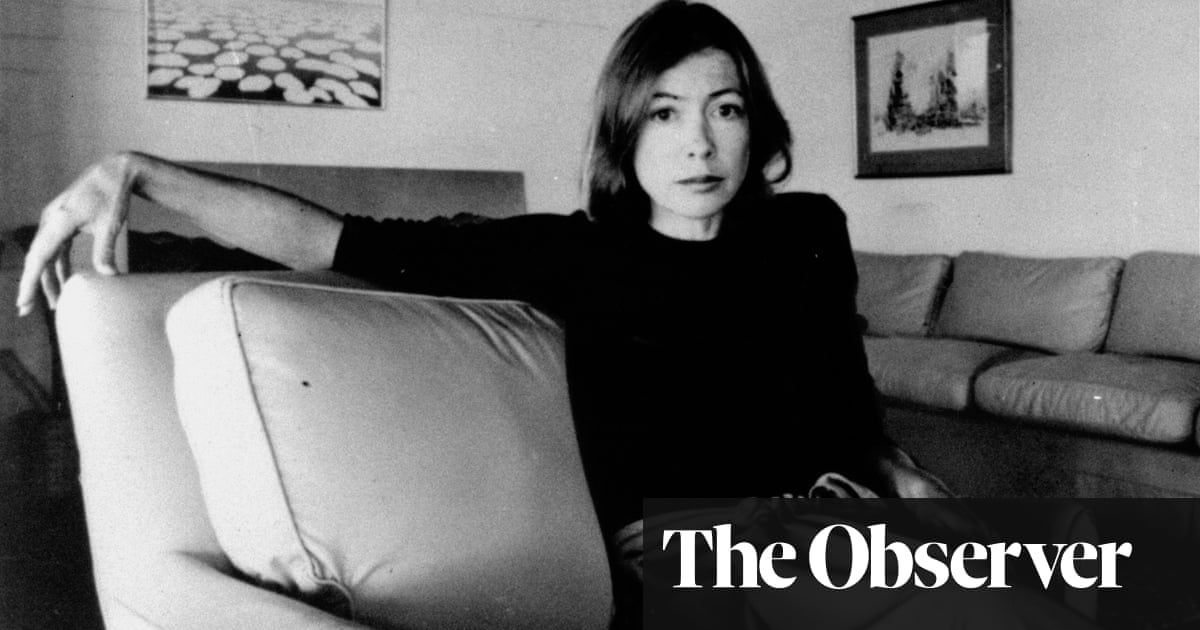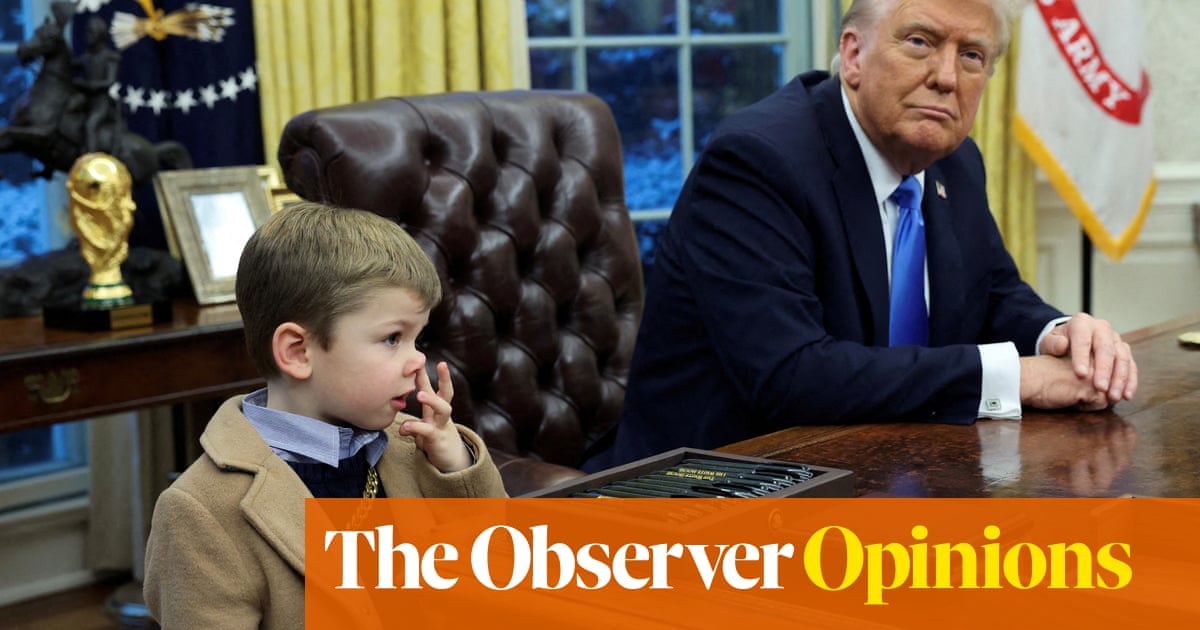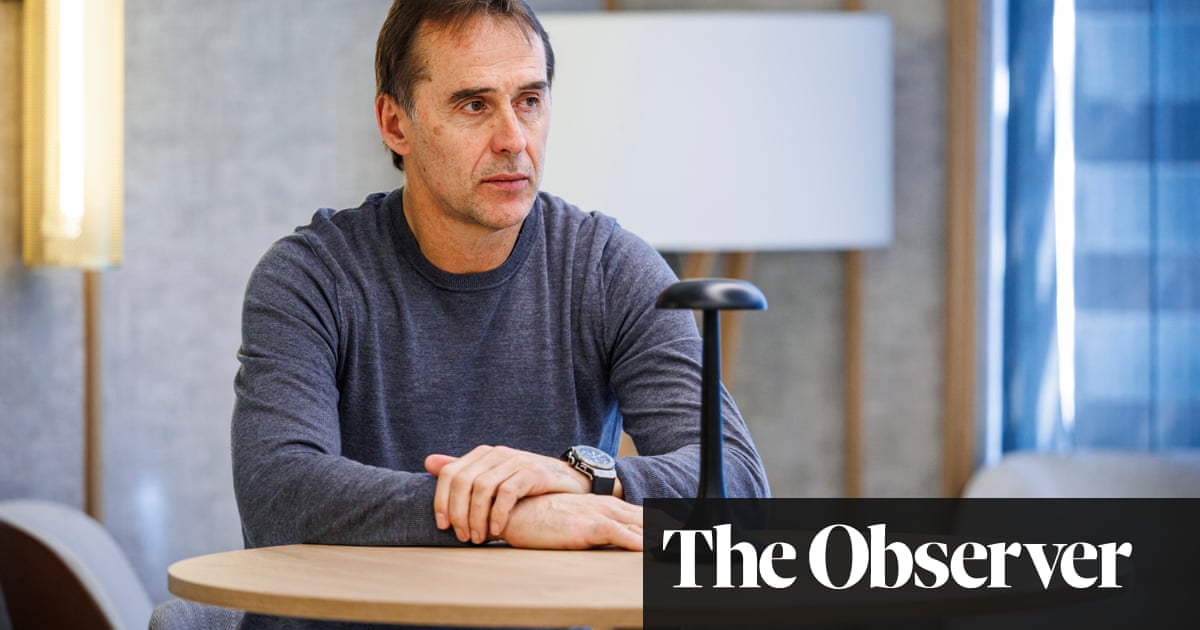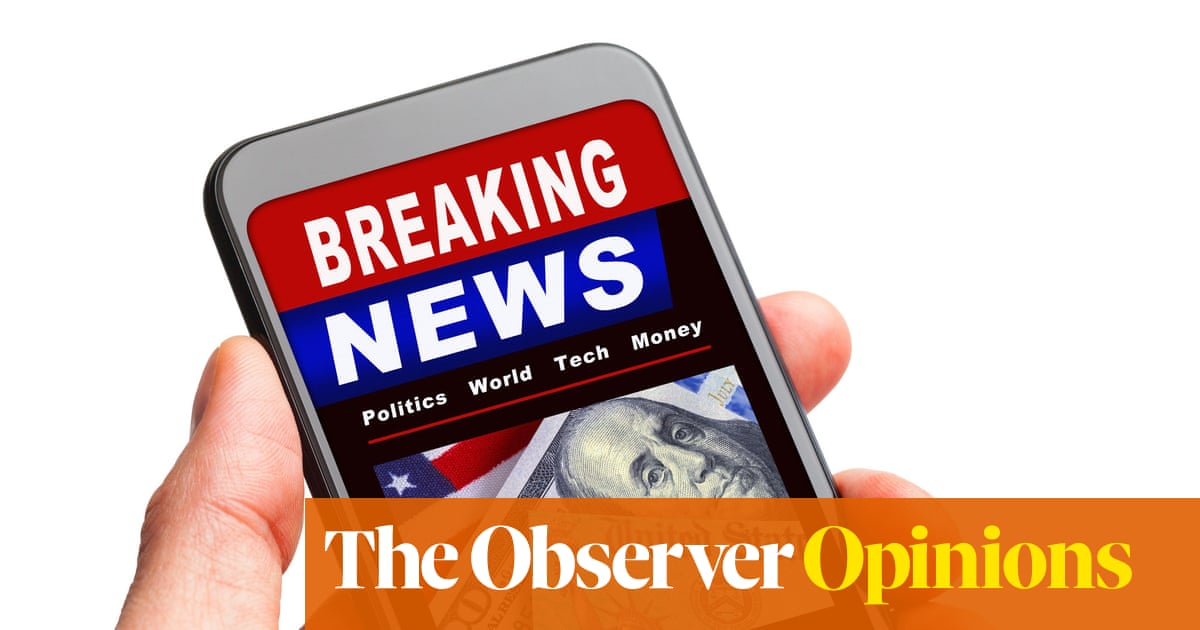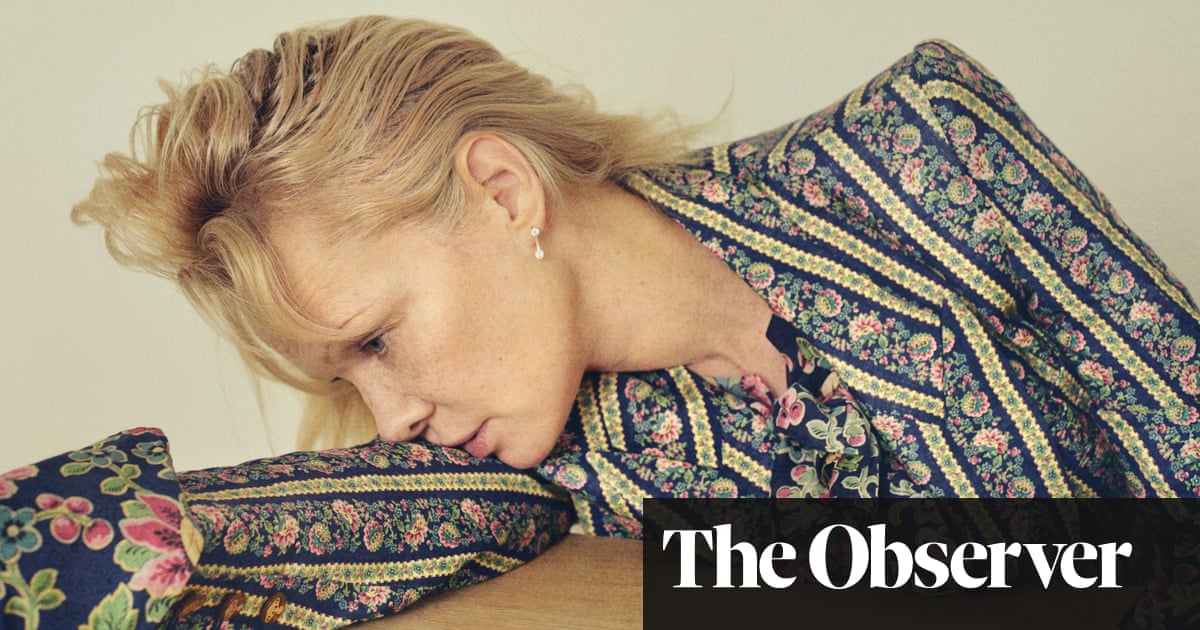Iran’s deputy foreign minister, Majid Takht-Ravanchi, will meet his European counterparts in Geneva on Friday after the collapse of a deal last week under which Iran would have limited its uranium enrichment to 60% purity, just below the threshold to make nuclear weapons.
The offer was regarded by Iran as a first step to rebuilding confidence between it and the west over what it insists is its civilian nuclear programme. There are growing fears that wider tensions in the Middle East could result in Tehran redoubling efforts to acquire a nuclear weapon and trying to declare it necessary for its national self-defence.
The talks on Friday, for which the European side has low expectations, will end a two-year hiatus in which there have been no direct detailed talks on the lapsed nuclear deal.
Representatives from the EU, France, Germany and the UK will attend, butChina, Russia and the US – the other original signatories to the 2015 nuclear deal – will not. It appears Iran is placing a greater store by the meeting than the European side.
Late last week the EU, UK and US rejected an Iranian offer to cap enrichment at 60% purity, instead forcing through a motion at a regular meeting of the board of the UN nuclear inspectorate, the IAEA, that again censured Iran for failing to cooperate with the inspectorate in line with its obligations under the nuclear non-proliferation treaty.
The motion required IAEA officials to prepare a comprehensive report within three months on Tehran’s compliance with its obligations under the nuclear deal over the past five years. This report is regarded as the first step to a motion at the UN requiring the retention of all UN sanctions on Iran when the 2015 nuclear deal expires next October. The IAEA backed the censure motion by 19 votes to three, with 12 abstentions.
Iran admits it has been steadily withdrawing its cooperation from the IAEA inspectorate since the 2018 decision by Donald Trump to pull the US out of the agreement. Iran had signed up to the original deal in 2015 monitoring its nuclear programme in return for the west lifting economic sanctions.
On Saturday Iran responded to the IAEA censure motion by saying it was pressing ahead with its nuclear programme at a faster pace. The speaker of its parliament, Mohammad Baqer Qalibaf, confirmed on Sunday that Iran had activated new and advanced centrifuges in response to the IAEA vote. Iran said it would fire up about 5,000 new generation centrifuges and increase the enrichment capacity.
Iran’s foreign minister, Abbas Araghchi, accused European powers of trying to politicise the IAEA and its director general, Rafael Grossi, who had travelled to Iran before the board meeting.
Araghchi suggested the diplomatic path with Europe had not reached a dead end, saying talks towards a revival of the nuclear deal could resume. He said a complete restoration of the 2015 deal was not on the cards, and instead he provided an outline pointing to a future agreement.
Iran has previously voiced disappointment that Europe has not broken with the US and pressed ahead with lifting economic sanctions. It seems unlikely that even an outline deal could be reached before Trump’s inauguration, even though substantial progress was made in talks between Europe and Iran in Vienna in 2022.
Iranian cooperation with Russia in Ukraine, and its support for the so-called axis of resistance across the Middle East, also damages the efforts of any European diplomat that argues the nuclear file can be kept separate from Iran’s wider destabilising behaviour.
In a joint statement on Saturday, the UK France, Germany and the US welcomed the passage of the IAEA motion, adding that it noted with serious concern Iran’s announcement that instead of responding to the resolution with cooperation, it planned further expansion of its nuclear programme “in ways that have no credible peaceful rationale”.

 2 months ago
45
2 months ago
45
